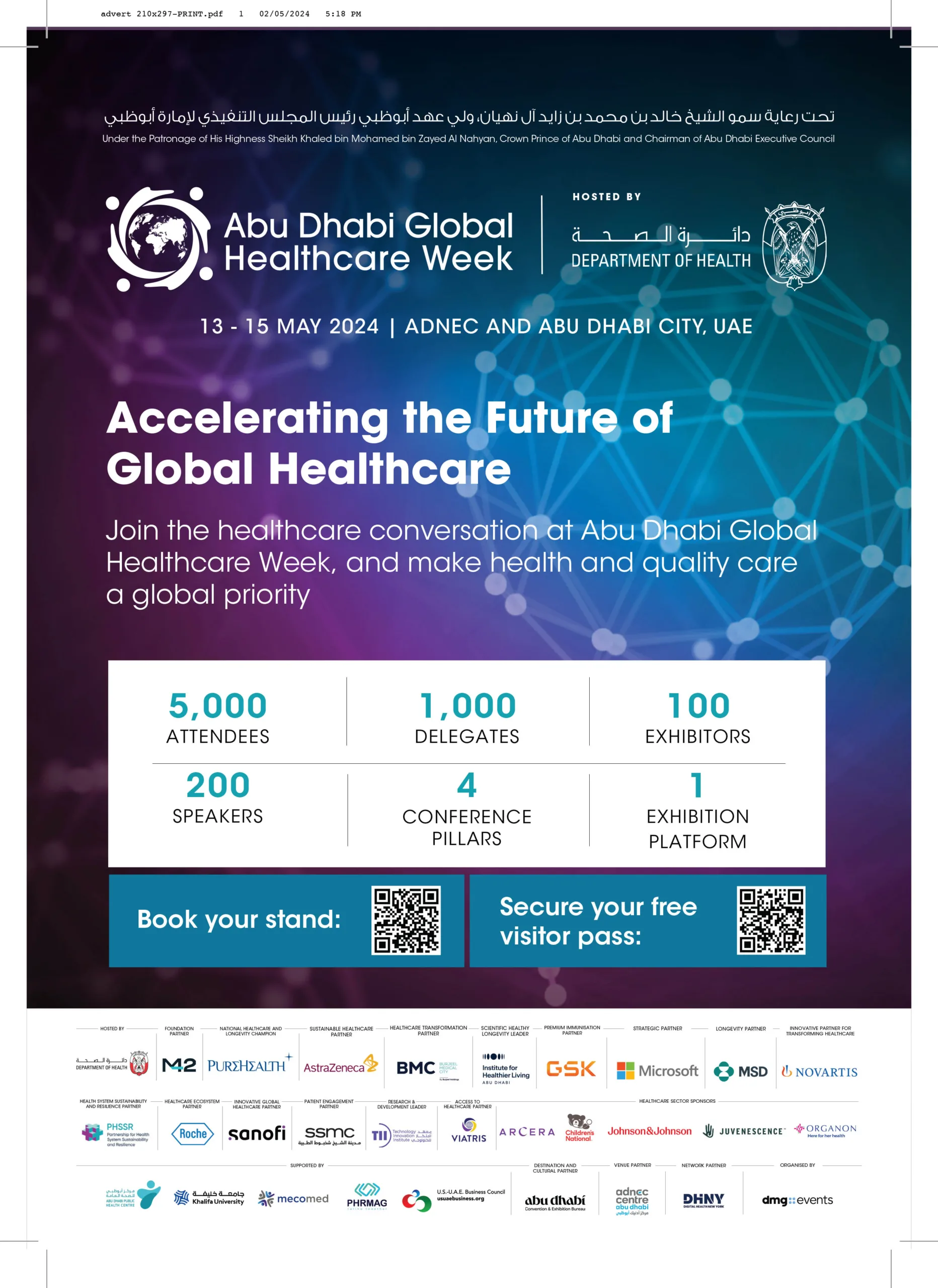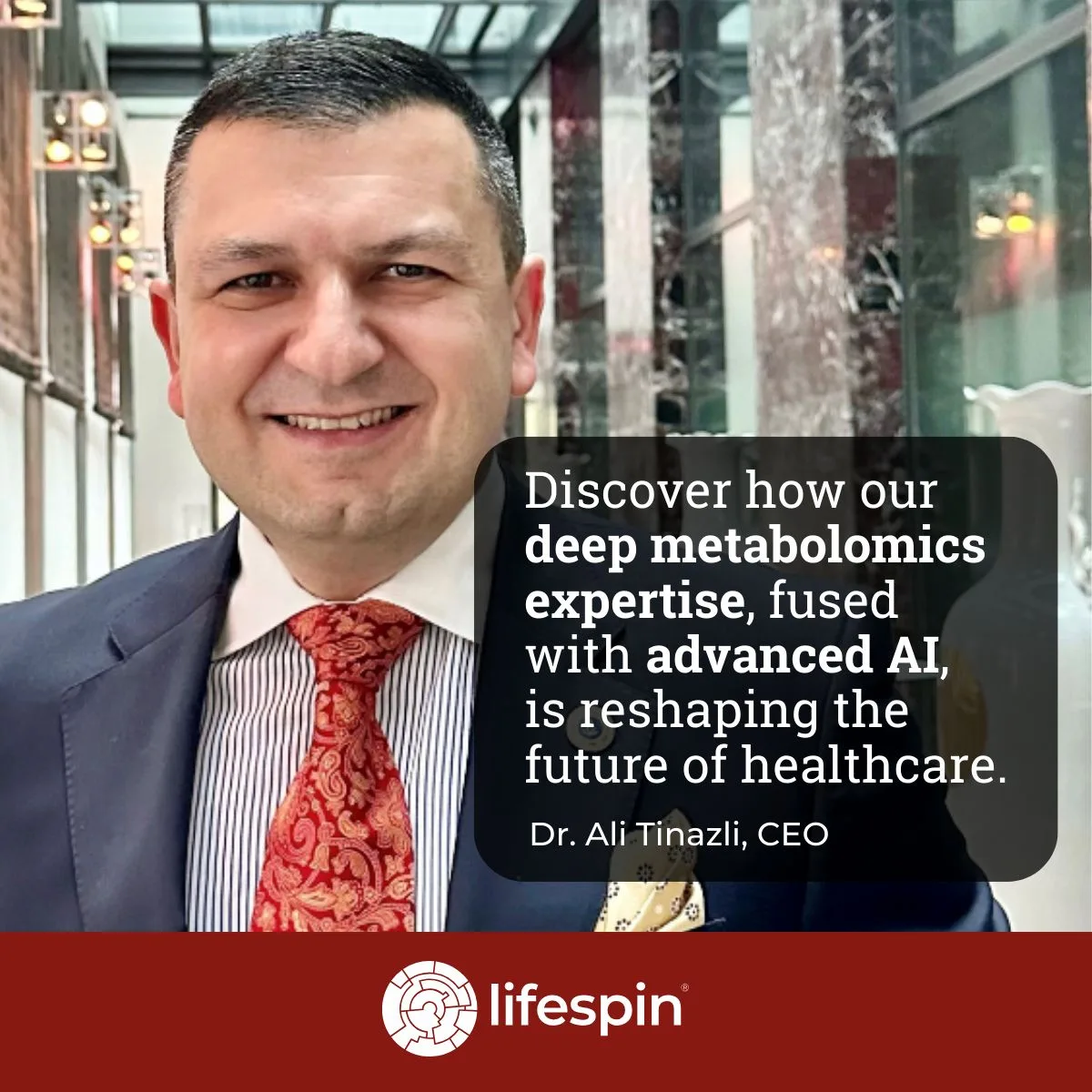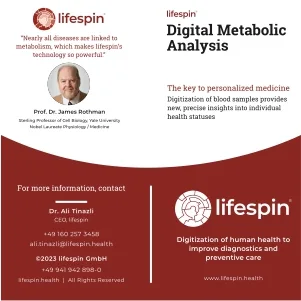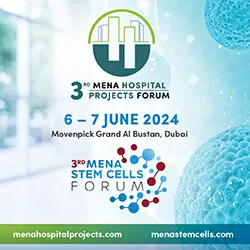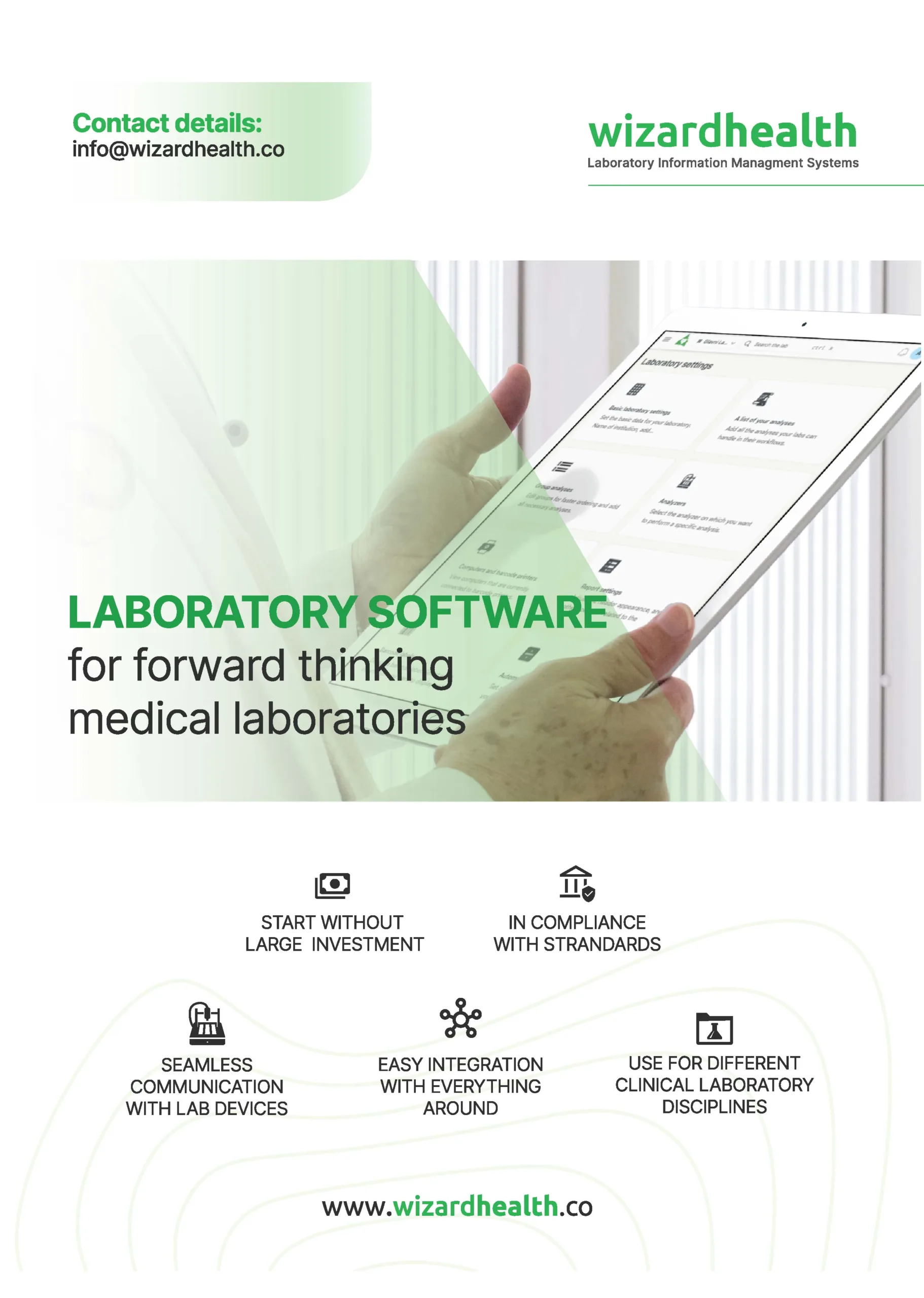Ethiopia-February 2024- In a milestone for one of Africa’s biggest healthcare developments, Roha Medical Campus (RMC) announces it has received fresh investment from shareholders for a major new advanced multispecialty hospital in Addis Ababa, bringing total initial capital to US$42 million.
The equity funding represents the first tranche of a US$130 million investment to build phase 1 of Roha Medical Campus, a 350-bed world-class hospital. Additional shareholder funding as well as US$70 million in debt led by a development finance institution are earmarked for the first half of 2024. Already midway through construction, the first hospital is due to open in 2025, with a further US$200 million investment planned to expand the campus to include additional specialized hospitals and medical facilities, as well as a teaching, research, and innovation hub.
Located less than a kilometer from East Africa’s busiest international airport, the hospital puts Addis Ababa on the map for the continent’s US$5 billion-a-year medical tourism industry while stemming Ethiopia’s US$500 million annual healthcare outflow. Currently, the standard connector for Africans flying to South Asia or the Middle East for medical care, Ethiopian Airlines’ Addis Ababa Bole International Airport will soon become the gateway to one of the most significant health treatment hubs on the continent.
Designed to be Ethiopia’s first JCI-accredited hospital, Roha Medical Campus will alleviate an acute shortage of advanced medical facilities and healthcare services for Africa’s second-largest nation and patients in the region. With over 4,000 medical, administrative, and ancillary staff, RMC will provide many pioneering treatments that are brand new or limited in availability locally and across Africa. Alongside emergency treatment and routine care focused on comprehensive and preventative medicine, specialty treatments will include orthopedics, neurosurgery, spine treatment, interventional cardiology, cardiac surgery, endovascular interventions, nuclear medicine, and oncology treatments.
Also Read: Iran and Oman Collaborate to Boost Medical Tourism and Humanitarian Projects
At least three-quarters of patients are expected to be Ethiopian, and Roha Medical Campus has committed to receiving significant numbers of referrals from the government health system at discounted rates. Ethiopia’s hospitals currently have only 6% of the total hospital beds required, significantly below East African peers, according to the World Health Organisation.
“It is critical for us to ensure that treatment is widely available across all communities,” said Welela Haileselassie, General Manager of Roha Medical Campus. “Living in Ethiopia, you hear too often of people who suffer without access to treatment. This is not right, it’s not equitable. This hospital will change lives and save lives.”
“Ethiopia is the right place for transformative African healthcare investment,” said Brooks Washington, Executive Chairm of Roha Medical Campus, and a partner of Roha Group, RMC’s founding investor. “Ethiopian Airlines’ global connectivity strengthens the case for medical tourism and ensures strong US dollar revenue for the hospital. This is complemented by a fast growing local population in need of better care and the government’s support of environmentally sustainable and impactful projects. Combined, this makes RMC an incredibly exciting prospect and a very promising investment.”
Roha Medical Campus is constructing a state-of-the-art building specifically designed for providing world-class care. In line with a commitment to sustainability and environmental responsibility, Roha Medical Campus is entirely carbon neutral, with a forest of over 12,000 native trees planted on the campus, in complement with the Ethiopian government’s ambitious Green Legacy Initiative. The surrounding forest creates a natural healing environment while lowering temperatures, reducing air and noise pollution, mitigating floods, and attracting local birds and insects. The campus will be the first IFC EDGE-certified hospital building in Ethiopia, hosting an advanced waste management system with clean technologies, solar power generation and battery storage, and a thermally-activated heating and cooling system.











